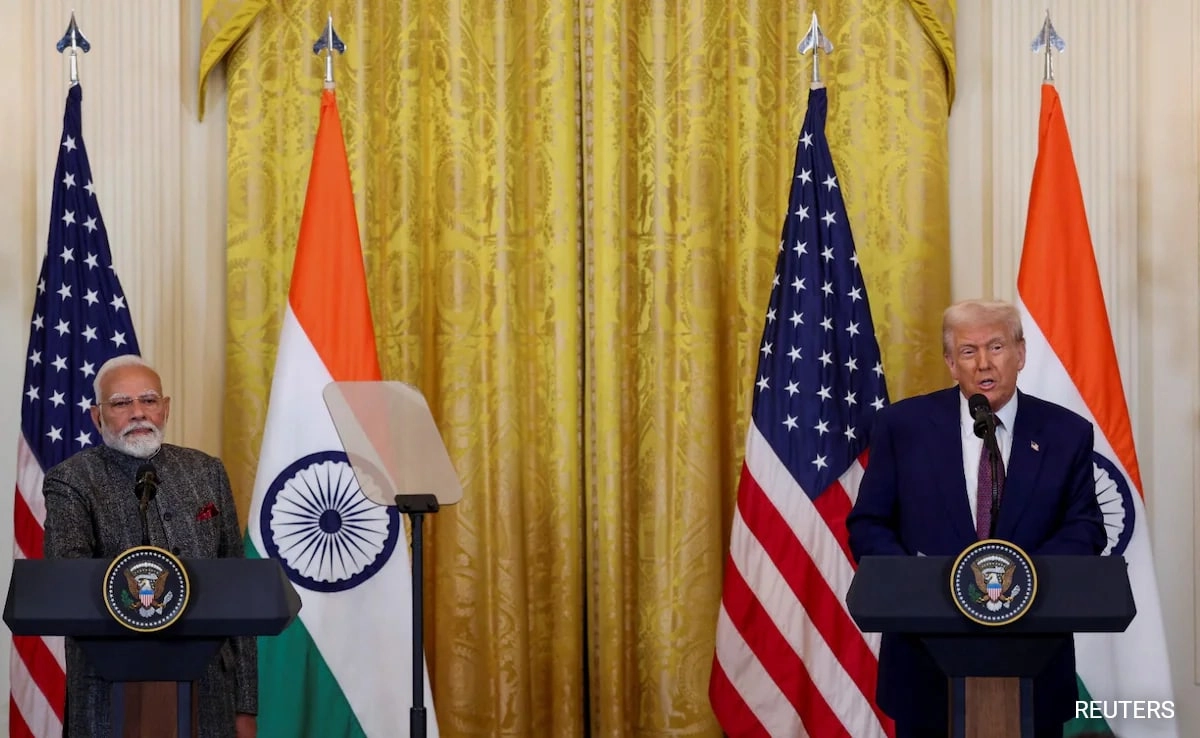Janmashtami, the celebration of Lord Krishna’s birth, offers not only a moment of religious reflection but also valuable lessons for Indian politics and politicians. As we commemorate this auspicious occasion, it is essential to draw parallels between the teachings and actions of Krishna and the current political landscape in India. Krishna, known for his wisdom, diplomacy, and strategic thinking, embodies qualities that are often lacking in contemporary political discourse. His ability to navigate complex situations, foster unity, and promote righteousness serves as a guiding light for leaders today.
One of Krishna’s most notable lessons is the importance of dharma, or righteous duty. In a political climate often marred by divisiveness and self-interest, politicians would do well to remember the significance of putting the greater good above personal ambitions. Krishna’s life illustrates that true leadership is rooted in service to the people, emphasizing the need for politicians to prioritize their constituents’ welfare. By embodying the principles of integrity, accountability, and empathy, leaders can work towards bridging the gaps that plague our society, fostering a more harmonious and inclusive atmosphere.
Moreover, Krishna’s role as a mediator during the Mahabharata showcases the importance of dialogue and diplomacy in resolving conflicts. In today’s polarized political environment, where dissent is frequently met with hostility, embracing Krishna’s approach of open communication can pave the way for constructive dialogue. Politicians must strive to engage with opposing viewpoints and seek common ground, rather than resorting to adversarial tactics that only deepen divisions. Emphasizing collaboration over confrontation can lead to more effective governance and a stronger democracy.
As we celebrate Janmashtami, it is a timely reminder for Indian politicians to reflect on their responsibilities and the legacy they wish to leave. By learning from the life of Lord Krishna, political leaders can cultivate a culture of integrity, compassion, and cooperation. The essence of Krishna’s teachings transcends religion; it is a call for all leaders to embody the values of justice, humility, and wisdom in their quest for power. Ultimately, adopting these principles can transform the political landscape, making it more reflective of the ideals that Lord Krishna stood for, and, in turn, fostering a brighter future for India.




